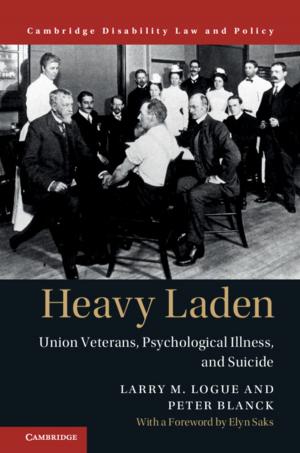Peace
A History of Movements and Ideas
Nonfiction, Reference & Language, Reference, Social & Cultural Studies, Political Science, Religion & Spirituality| Author: | David Cortright | ISBN: | 9781316099452 |
| Publisher: | Cambridge University Press | Publication: | April 24, 2008 |
| Imprint: | Cambridge University Press | Language: | English |
| Author: | David Cortright |
| ISBN: | 9781316099452 |
| Publisher: | Cambridge University Press |
| Publication: | April 24, 2008 |
| Imprint: | Cambridge University Press |
| Language: | English |
Veteran scholar and peace activist David Cortright offers a definitive history of the human striving for peace and an analysis of its religious and intellectual roots. This authoritative, balanced, and highly readable volume traces the rise of peace advocacy and internationalism from their origins in earlier centuries through the mass movements of recent decades: the pacifist campaigns of the 1930s, the Vietnam antiwar movement, and the waves of disarmament activism that peaked in the 1980s. Also explored are the underlying principles of peace - nonviolence, democracy, social justice, and human rights - all placed within a framework of 'realistic pacifism'. Peace brings the story up-to-date by examining opposition to the Iraq War and responses to the so-called 'war on terror'. This is history with a modern twist, set in the context of current debates about 'the responsibility to protect', nuclear proliferation, Darfur, and conflict transformation.
Veteran scholar and peace activist David Cortright offers a definitive history of the human striving for peace and an analysis of its religious and intellectual roots. This authoritative, balanced, and highly readable volume traces the rise of peace advocacy and internationalism from their origins in earlier centuries through the mass movements of recent decades: the pacifist campaigns of the 1930s, the Vietnam antiwar movement, and the waves of disarmament activism that peaked in the 1980s. Also explored are the underlying principles of peace - nonviolence, democracy, social justice, and human rights - all placed within a framework of 'realistic pacifism'. Peace brings the story up-to-date by examining opposition to the Iraq War and responses to the so-called 'war on terror'. This is history with a modern twist, set in the context of current debates about 'the responsibility to protect', nuclear proliferation, Darfur, and conflict transformation.















